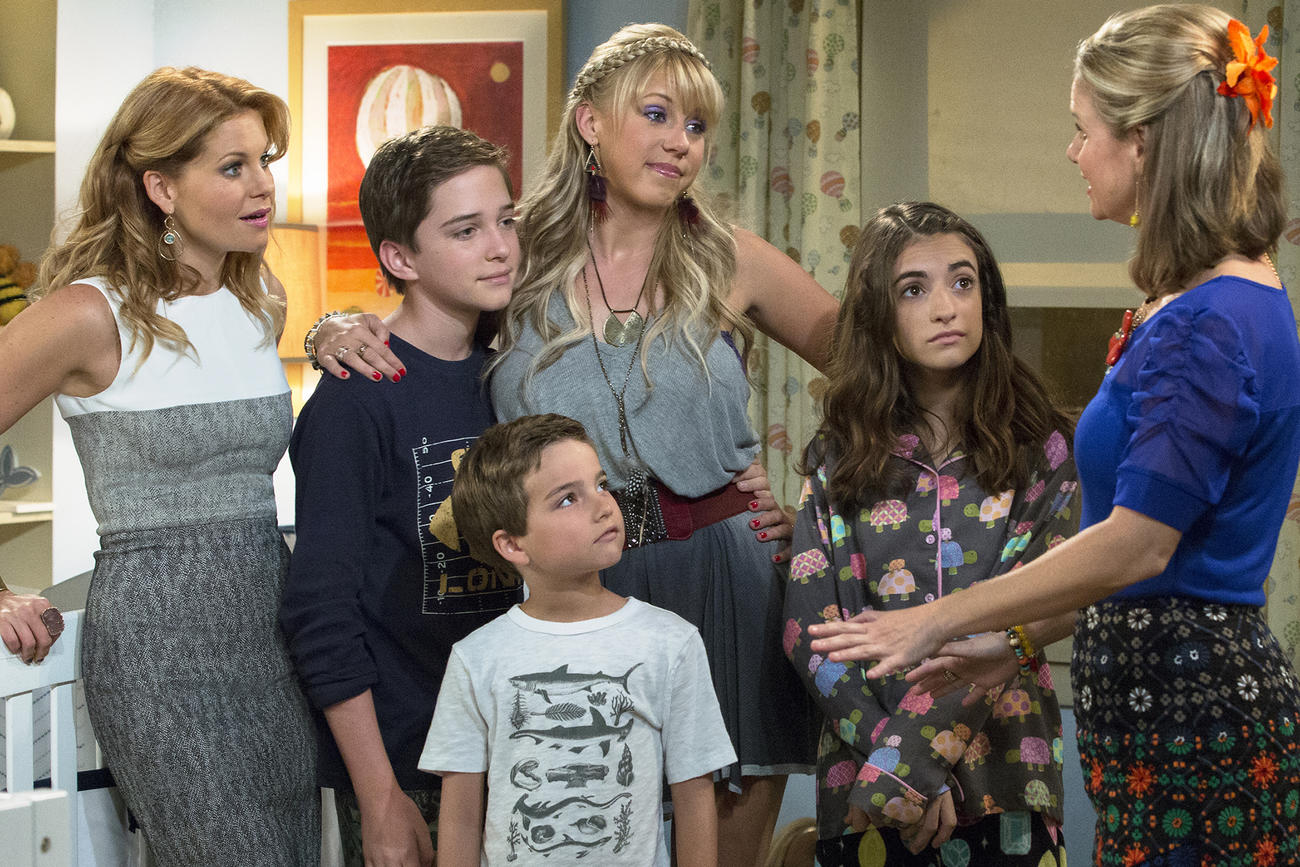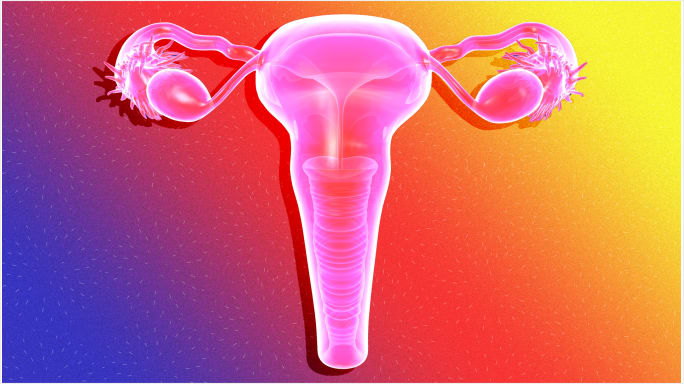Author’s note: This article contains light spoilers from the first episode of Fuller House.
Last month, like a large majority of the country, I was binge-watching the Netflix show Fuller House when (spoiler alert!) I got to a part in an episode when Stephanie Tanner (Jodie Sweetin) reveals to her older sister that she biologically cannot have children.
I immediately felt sadness and sympathized with the character. What a horrible misfortune to fall upon the woman–probably one of the worst things that could happen! Then I backtracked and reevaluated my reaction. Why was I so upset about this? Why did the fact that Stephanie cannot have children have to be such a bad thing?
The answer is actually quite simple: We’ve been told that a woman’s purpose in society is to have children. I know this sounds dated and old-fashioned, but it still rings true. While, in this day and age, women are more than just housewives and mothers, deep down a woman’s life is still considered unfulfilled if she does not eventually settle down with a husband and a kid.
This is a trope shown in a lot of popular television. Aside from Stephanie’s case in Fuller House, the character Robin Scherbatsky (Cobie Smulders) from How I Met Your Mother had her own episode that took a look at her future and how sad she was without children. If you are familiar with these characters, you might realize a pattern in the way their storylines played through. Stephanie is a carefree musician in her thirties who spends her weekends in private jets traveling around Europe and DJs at major music festivals. Robin is a determined journalist whose goal was always to create her career before entering a major relationship.
Why is it that these women, who are career-oriented or like to have fun, are only explained to be like that because they cannot have children? Why is it that the only reason that headstrong women don’t have children is because they cannot? It suggests that they would, in a heartbeat, take the path of motherhood if it was an option. It says that they only care about their careers and personal lives because there is nothing else to care about. Essentially, these women are choosing the “lesser” option.
Not only is it considered to be a downgrade, or settling for the family-free life because there’s just no other option, but the “I can’t have children” storyline is always seen as tragic. A woman is seen as inherently missing a major part of herself, or who she should be, because she cannot reproduce. This once again suggests that the only point of being a woman is to bear children.
While this trope is unfair to the development of these female characters, the message it sends to the women watching is what makes it harmful. Sometimes we get so caught up in these characters’ lives, but don’t take it into the real world. Sure, Robin can’t have kids, but Cobie has them! She’s fine! This isn’t a real problem! Next episode nobody will even care! This is not the case. This trope is incredibly unfair both to women watching who don’t want to have children yet biologically can and women who want to have children yet are unable to.
Either way, they lose. If a woman watching is like Robin and would prefer to have a fulfilling career, yet she can have kids, she is considered heartless, less compassionate, and even becomes “one of the guys.” If a woman is like Stephanie and has a fun lifestyle yet sees how children can be rewarding in her life, yet she cannot bear children, she is considered to be missing a big piece of her life that she will never be able to get.
As long as society and popular media continue to push the importance of children to a woman’s value, no one will win.




comments